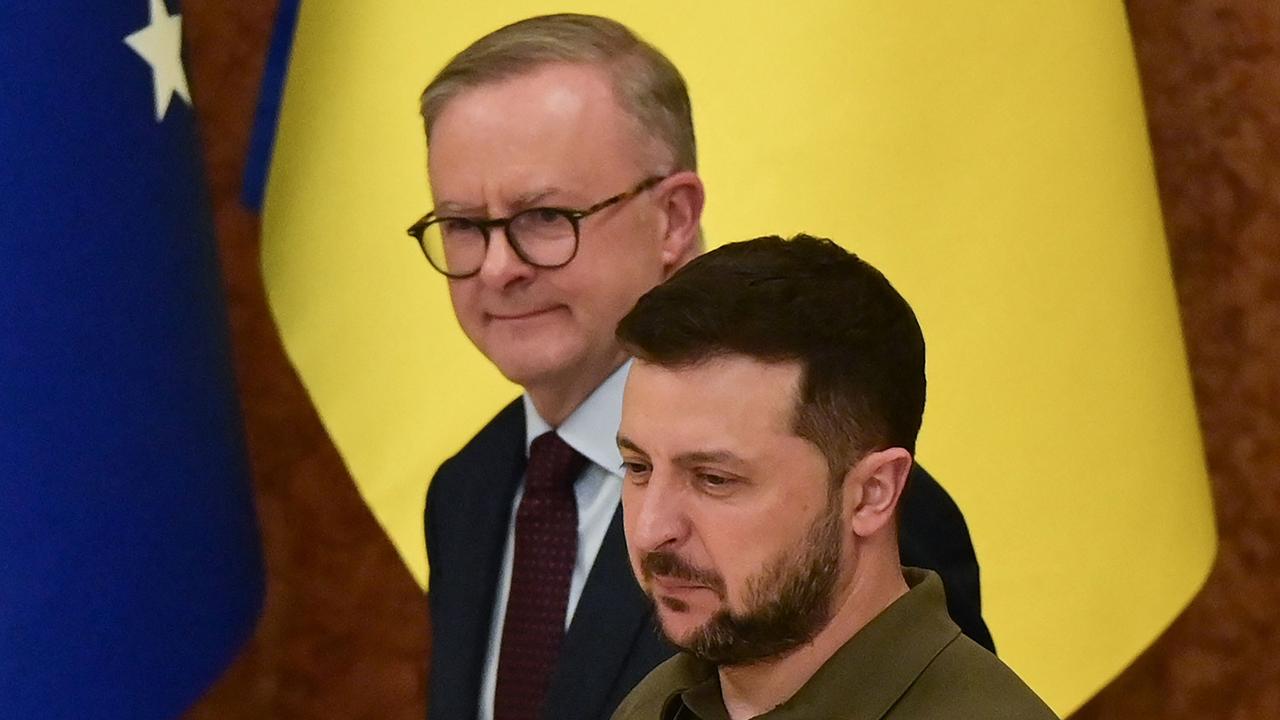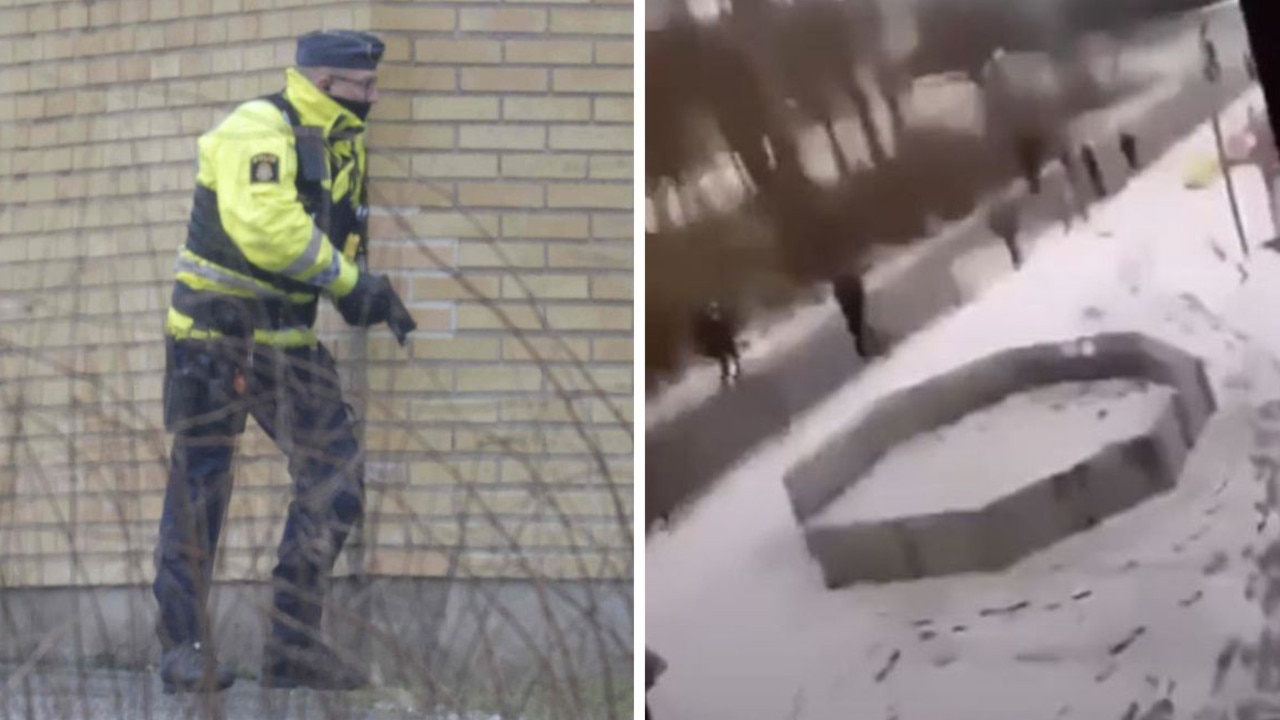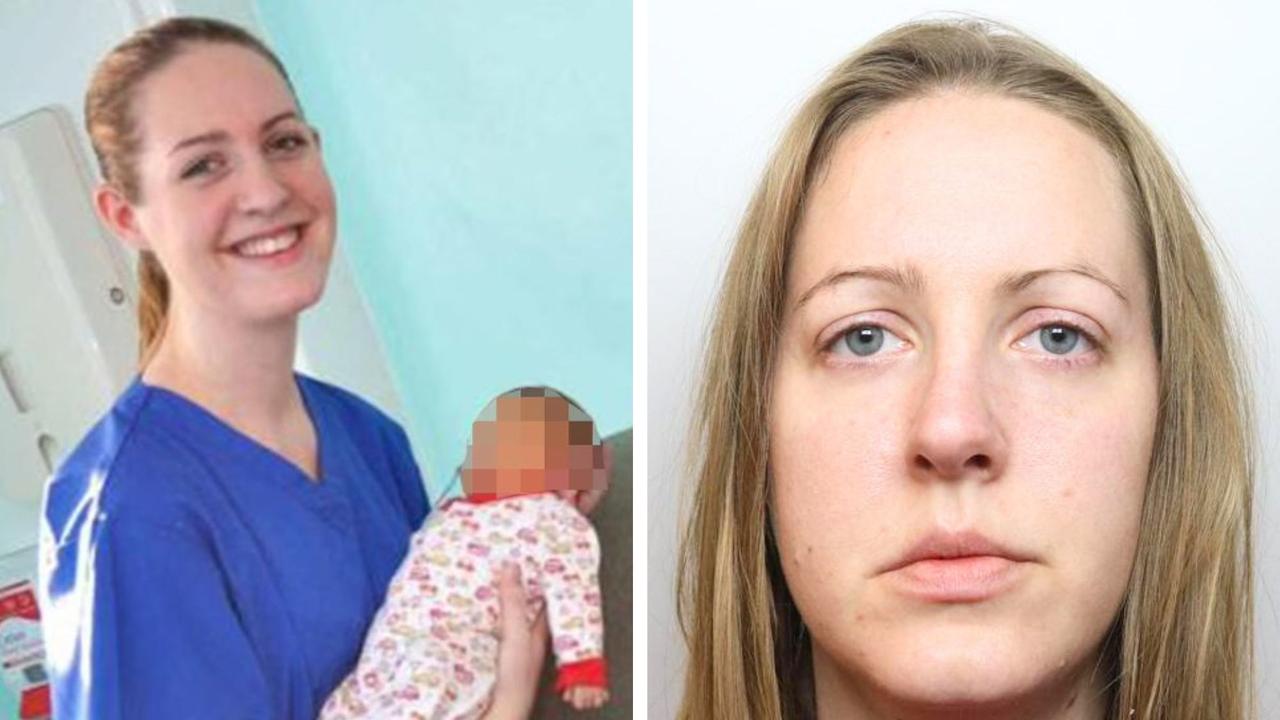Sergei Skripal: Ex-Russian spy possibly poisoned through BMW vents
BRITISH police believe this car may hold a vital clue into the poisoning of a Russian spy and his daughter.
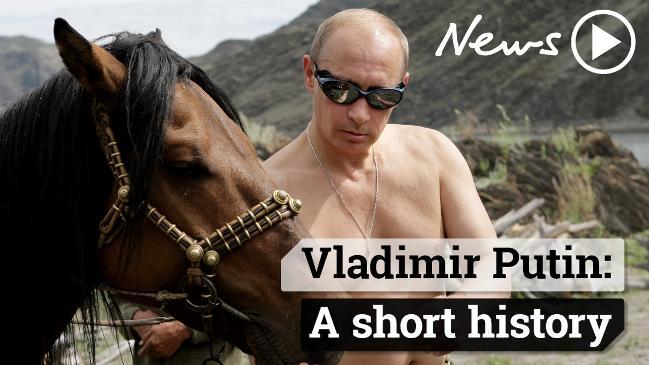
BRITISH police are investigating whether the car driven by a Russian poisoned spy and his daughter could have been used as part of the attack.
The Metropolitan Police have issued an appeal over the car which Sergei Skripal was driving on the day he and his daughter Yulia were attacked.
US media are reporting the pair could have been exposed to the deadly nerve agent via the car’s ventilation system.
According to ABC News, intelligence officials have a clearer picture of the nature of the substance used and believe they are closer to knowing how the Skripals were attacked.
It comes as counter-terrorism police issued a fresh appeal for anyone who saw the burgundy car with the registration HD09 WAO in Salisbury on the morning of March 4.
Metropolitan police assistant commissioner Neil Basu said: “We are learning more about Sergei and Yulia’s movements but we need to be clearer around their exact movements on the morning of the incident.”
“To date, detectives have recovered 762 exhibits and are trawling through around 4000 hours of CCTV. They are making good progress in what is a painstaking investigation that is likely to be ongoing for weeks, if not months.”
Detective Sergeant Nick Bailey, who was among those first to respond to the incident was also taken ill and remains in a serious but stable condition in hospital.
According to police, Mr Skripal’s car was seen being driven down Devizes Road around 1.30pm, towards the town centre before it was parked in Sainsbury’s upper level car park in Maltings.
The timeline released by police shows they then went to the Bishops Mill Pub in the town centre before having lunch at Zizzi restaurant.
They were found at 4.15pm collapsed over a park bench.
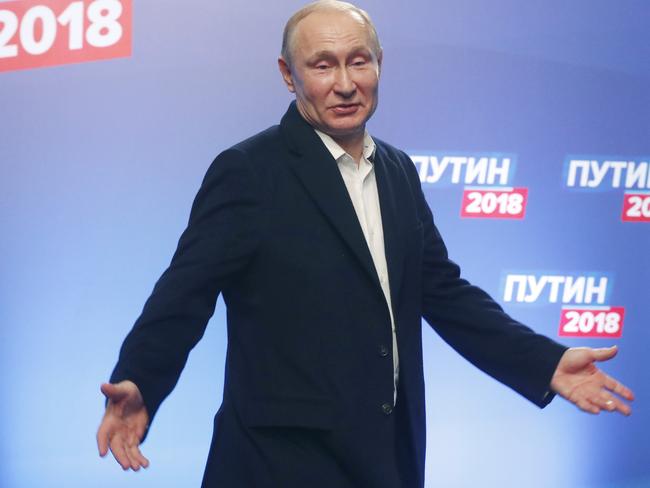
‘NONSENSE, DRIVEL’
Meanwhile Russian President Vladimir Putin has denied Moscow was behind the poisoning, insisting the claims are nonsense and drivel.
Putin, who has just secured his fourth election victory, said Russia doesn’t have chemical weapons including the one used this month in the Salisbury attack.
“Russia does not have any such thing,” he told a press conference in Moscow soon after being re-elected.
“We have eliminated all of our chemical weapons under the control of international observers.”
The President also said his country was willing to co-operate in any investigation into the probe.
“It’s complete drivel, rubbish, nonsense that somebody in Russia would allow themselves to do such a thing ahead of elections and the World Cup,” he said.
“We are ready to take part in the investigation,” he added.
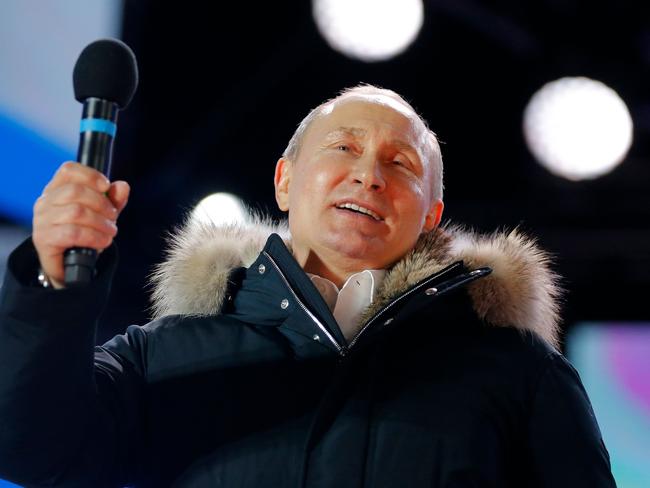
Referring to the attack as a “tragedy,” Putin said if the British claim that they were poisoned by the Soviet-designed nerve agent were true, the victims would have died instantly.
Earlier yesterday, British Foreign Secretary Boris Johnson said Russia had been secretly stockpiling the nerve agent, called Novichok, that was used against Skripal and his daughter, Yulia in the March 4 attack.
Both remain in a critical condition in hospital.
British Prime Minister Theresa May directly blamed Russia for the attack, which was also denounced by the White House and other allies.
Ms May announcement last week that Britain will expel 23 Russian diplomats over the saga.
The Russian embassy issued a stunning tweet in response declaring the cold War was back on.
Putin said he only learned about the Skripal case from media reports.
His claim that Russia doesn’t have chemical weapons comes after the Russian chemist who helped develop the Soviet-era nerve agent insisted only Moscow could be behind the attack.
Vil Mirzayanov, 83, who now lives in the United States told Reuters he had no doubt that Mr Putin was responsible, given Russia maintained tight control over its Novichok stockpile.
He also said the agent was too complicated for a non-state actor to have weaponised.
The former Soviet scientist spent years testing and improving Novichok and said the program eventually produced tons of the agent which Russia had never acknowledged.
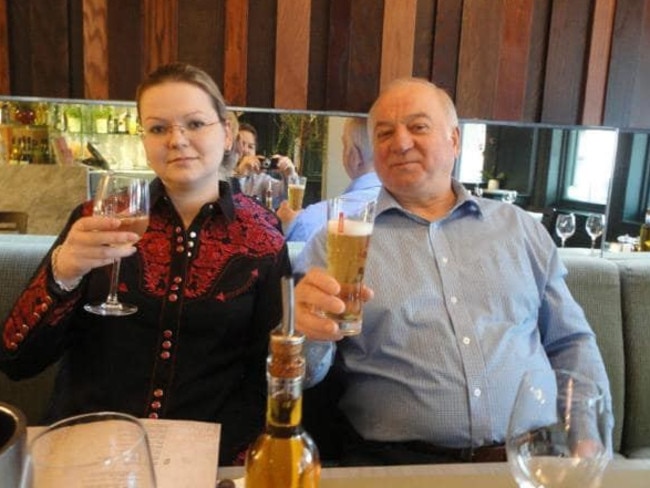
Meanwhile Mr Johnson said the bodies of Russian dissidents who died mysteriously could be exhumed in light of the most recent poisoning.
At least two of men, who both died suddenly in the UK, were not tested for nerve agent poisoning at the time,The Telegraph reported.
One of the men Badri Patarkatsishvili died suddenly at 52 in February 2008 at his mansion Surrey, where he had been living in exile having fled Russia seven years before.
He was a business partner of Putin enemy Boris Berezovsky who was found dead in his Surrey home in 2013.
A third business partner Nikolai Glushkov, 68, was found murdered at his home in south London last week.
Another man Alexander Perepilichny, 43, died after going jogging in 2012 and police were unable to determine the cause of his death, however friends said he was never tested for evidence of nerve agents.
Chemical weapons wasn’t the only subject the Russian President was asked about following his victory, however he was less forthcoming when drawn on his plans after serving another six-year term.
Putin wouldn’t be eligible under the constitution to compete in the 2024 election since there is a limit of two consecutive terms.
Asked if he could seek the presidency again in 2030, the 65-year-old Russian leader snapped back: “It’s ridiculous. Do you think I will sit here until I turn 100?”
Results from 60 per cent of precincts show Putin polling more than 75 per cent of the vote.
The victory puts him on track to become Russia’s longest-serving leader since Soviet dictator Josef Stalin.
Many expect Putin to stay at the helm, either by scrapping term limits or shifting into another position of power.
The President later thanked thousands of people who rallied outside the Kremlin, promising new achievements.
Putin hailed those who voted for him as a “big national team,” adding that “we are bound for success.”
He said that the nation needs unity to move forward and urged the audience to “think about the future of our great motherland.”
He faced seven minor candidates on the ballot. Putin’s most vehement and visible foe, anti-corruption campaigner Alexei Navalny, was rejected as a candidate because he was convicted of fraud in a case widely regarded as politically motivated.
— with AFP/AP

